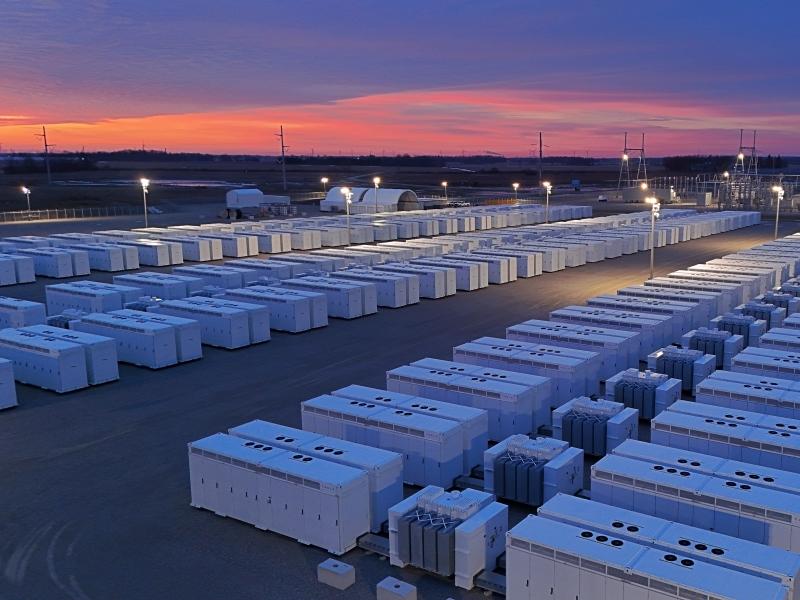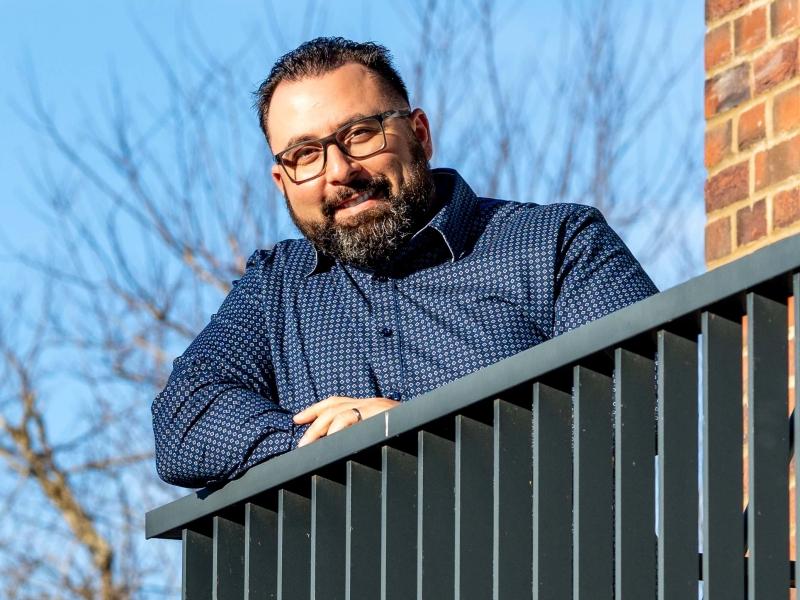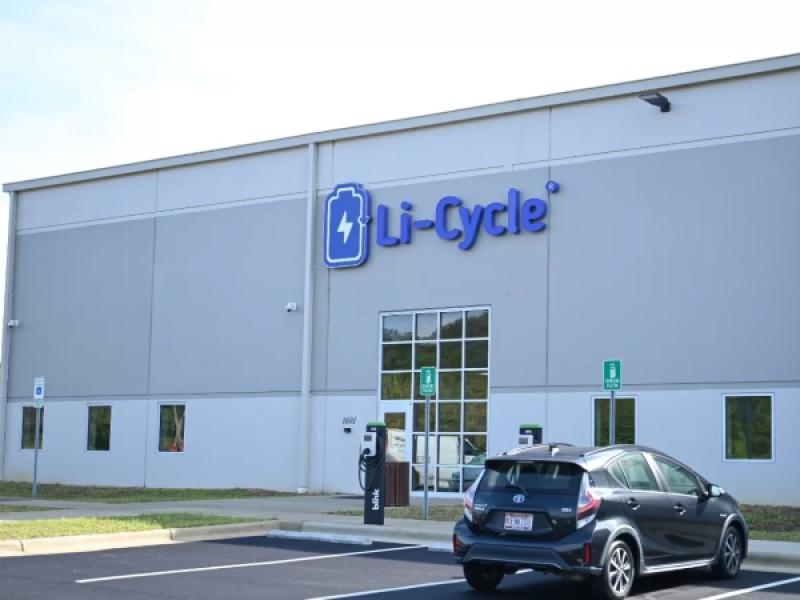
Toronto-based recycling company Cyclic Materials has chosen Mesa, Ariz. to build its first commercial-scale facility, where it will invest over $20 million (all figures US) to separate valuable rare earth metals from magnets inside electronics.
The funding, which is from a $57-million Series B fundraise in 2024 (elevated from the initial raise of $53 million), will support the approximately 150,000-square-foot facility planned to feature its proprietary MagCycle process.
At the facility, electronics will be shredded to recover rare earth metals and other metals such as copper from the magnets inside electric vehicle motors, wind turbine generators, MRI machines and hard drives.
Cyclic has leased an existing building, with operations expected to begin early 2026.
“Inherently, recycling is somewhat of a localized business . . . It’s important to be close to where the material is you’re recycling,” Kunal Phalpher, Cyclic’s senior vice-president of corporate development, told Sustainable Biz Canada in an interview.
Cyclic’s first commercial facility
Arizona was chosen because it is in a region with abundant sources of feedstock from local scrapyards and remanufacturers, a large labour force to draw upon, and offers ideal logistics, Phalpher explained. The state is also receiving billions of dollars in investment to build semiconductor factories, though he said that is not one of the main factors behind the decision.
Approximately 25,000 tonnes of electronic equipment are expected to be processed per year at the facility. The main outputs will be steel, aluminum, copper and a mixed magnet material containing four rare earth elements. The mixed magnet material is the core product for Cyclic, Phalpher said.
The aluminum, copper and steel will be sent to Cyclic's partners to be smelted and recycled, while the mixed magnet material will be processed at future Cyclic facilities using its REEPure process.
With REEPure, the mixed magnet materials are turned into substances such as mixed rare earth oxides, which will be separated into constituent elements by Cyclic’s partners. Those metals can be reintroduced into the supply chain to make more magnets.
The recycled metals can be used to manufacture clean energy infrastructure such as wind turbines and solar panels, electric vehicle and hybrid car motors, and batteries for grid-scale energy storage.
Cyclic’s Mesa facility will be a model for future MagCycle facilities, Phalpher said.
The company has two demonstration facilities in Canada fitted for MagCycle and REEPure, respectively.
Cyclic has tailwinds at its back
The timing of an Arizona facility dovetails with the protectionist turn and tariffs on imports the U.S. has pushed since President Donald Trump took office. But Cyclic intended to operate in the U.S. from the start because of the larger population and supply of feedstock compared to Canada, not because of the new political and economic pressures.
“This was in the planning before the administration changed. Strategically, it made sense,” Phalpher said. “The market is there for us, and that’s why we built the plant there.”
Though the Trump administration has opposed most clean energy projects and efforts to tackle climate change, it has backed domestic critical minerals production, which includes rare earth metals.
“The idea of keeping rare earths within North America or within the U.S. is becoming more prevalent,” Phalpher observed. As a result, he believes companies like Cyclic have tailwinds at their back.
It has been smooth sailing so far in the U.S., he added. A local economic council has extended support to the company, alongside state and federal politicians who have voiced their approval for Cyclic’s project.
Future Cyclic facilities will be disclosed in the coming months, he said, including the site that will host its REEPure technology. The Series B fundraise is also targeted at Europe.










